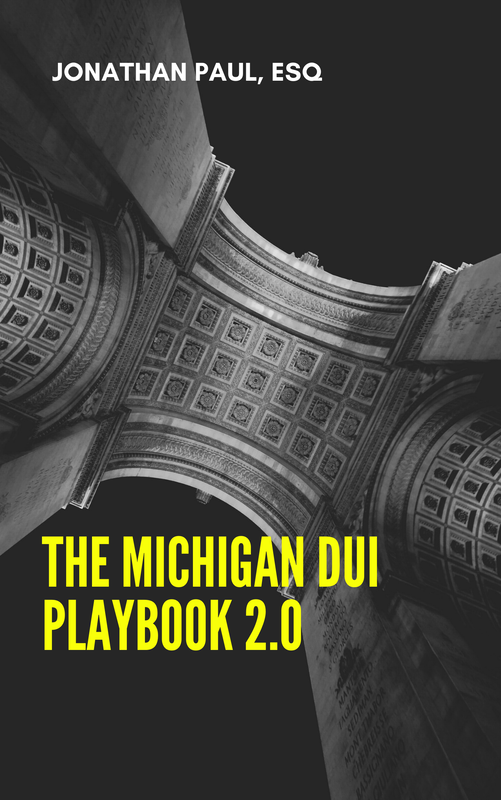|
Title: Understanding the Bond Process in Michigan's 92nd District Court
As a legal professional working with clients charged with drunk driving, I commonly meet clients under two distinct circumstances - pre-arraignment or post-arraignment. In Michigan, a person charged with a DUI will appear before a judge or magistrate unless an attorney waives their appearance, which is permissible in some courts but not all. When a new client has not yet been arraigned, I proactively implement certain bond conditions in anticipation of what the judge might order, which positions us favorably when we appear before a judge with measures already in place. If a client has already been arraigned, we discuss complying with those conditions, and typically add additional proactive elements. **The Bond Determination Process** Michigan's legal system requires the arraigning magistrate or judge to consider the risk of flight and potential risk of harm to the public when making a decision to release a person on bond. DUI clients seldom pose a flight risk, but there's a potential risk of re-offending, which is the worst-case scenario for a judge. Common factors a magistrate or judge would consider when assessing the appropriate bond include defendant’s criminal record, history of substance abuse, mental condition, seriousness of the offense, employment status and financial history, ties to the community, and any other factors bearing on the risk of nonappearance or danger to the public. **The Importance of Alcohol Testing** Alcohol testing is the most common bond condition for a drunk driving case in Michigan. If alcohol testing hasn't already been ordered, my clients typically engage in proactive alcohol testing to make a positive impression and demonstrate sobriety. For many of my clients, we're able to set up alternative testing, which better fits their schedule and still accomplishes the judge's objective. There are various methods to test for the presence of alcohol, including preliminary breath tests (PBTs), transdermal alcohol tethers, in-home breathalyzers, ignition interlock devices, and Ethyl glucuronide (EtG) or Ethyl sulfate (EtS) alcohol testing. Each method has its advantages, and the choice often depends on the specific needs and circumstances of the defendant. **The 92nd District Court Experience** At the 92nd District Court in Mackinac County, presided over by Honorable Judge Beth Gibson, we adhere to these practices and navigate our clients through the complex process of DUI charges. As an attorney, my role is to ensure my clients understand the procedures, comply with bond conditions, and present a proactive approach that helps assuage the court's concerns about public safety. Navigating a DUI charge can be a stressful and daunting process. However, with the right legal counsel and proactive actions, you can demonstrate your commitment to addressing the issue and increase the likelihood of a favorable outcome. My commitment is to ensure that each of my clients feels supported, informed, and prepared as we navigate this challenging legal journey together. Comments are closed.
|
Click to Email Me Categories
All
|
Ann Arbor Office LocationPlymouth Office Location |
Representing DUI Clients in MichiganRepresenting clients charged with a DUI in Ann Arbor, Canton, Brighton, Howell, Saline, Adrian, Taylor, Plymouth, Northville, Westland, Ypsilanti, Pittsfield Towsnhip, Warren, Sterling Heights, Farmington, Pontiac, Romulus, Lansing, Novi, South Lyon, Southfield, Birmingham, Bloomfield Hills, Royal Oak, Troy, Rochester, Jackson, East Lansing, Garden City, Livonia, Dearborn, Detroit, St Clair Shores, Hazel Park, Ferndale, Madison Heights, Waterford, Milford, Shelby Township Clarkston, Oak Park, Berkley, Fraser, Sterling Heights, Clinton Township and others throughout Washtenaw, Wayne, Monroe, Jackson, Genesee, Macomb, Ingham, Lenawee, Livingston and Oakland County.
|







